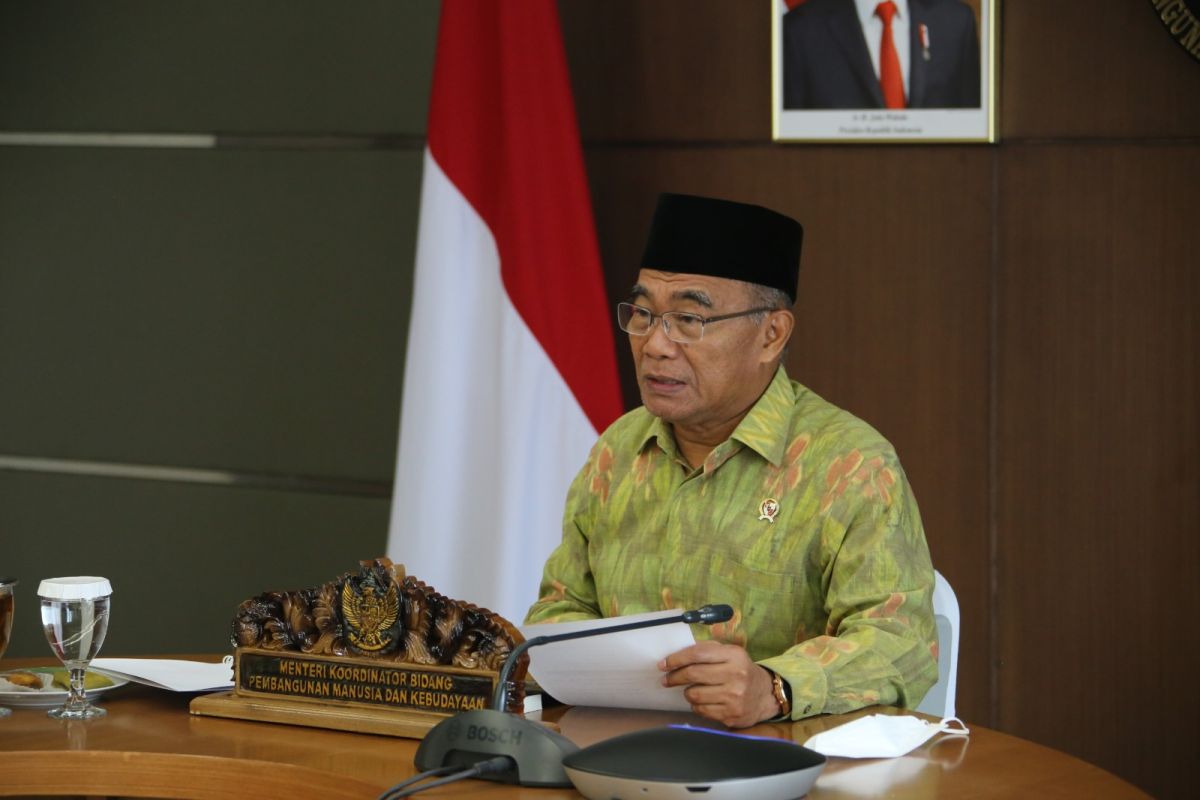Jakarta (ANTARA) - Coordinating Minister for Human Development and Culture Muhadjir Effendy has urged local governments to optimize the use of village funds and regional budgets (APBD) for stunting handling and extreme poverty eradication.
There are three priority areas for the utilization of village funds, namely strengthening food security, eradicating extreme poverty, and reducing the stunting prevalence rate, he noted in a statement issued on Friday. Village funds can be used to implement various labor-intensive programs to handle stunting and extreme poverty, such as nutrition fulfillment intervention and sanitation facility improvement measures, he added.
"For instance, village funds can be allocated to provide assistance for impoverished people to raise chickens, (thus) the meat can be eaten (by them), and when the chickens lay eggs, the eggs can also be consumed, (hence, meeting the nutritional needs of people), while, at the same time, also realizing food security," he said.
Meanwhile, regarding the improvement of sanitation facilities, the coordinating minister suggested that the village funds be used to build latrines, toilets, and clean water infrastructure.
The local community can get wages from working in the labor-intensive programs as well as enjoy the infrastructure or other results developed through the program, he added. “Through these attempts, all three priorities can be met simultaneously by utilizing village funds," he remarked.
Baca juga: Angka stunting di Loteng, NTB turun menjadi 20,81 persen
Baca juga: Mataram meningkatkan kapasitas pendamping keluarga untuk tekan stunting
He emphasized that stunting and extreme poverty are among the problems that can affect various aspects of people’s life, hence tackling them is a priority program of the government in 2023.
"The handling of stunting and extreme poverty becomes priority program that requires the active role of all parties," Effendy stated.
Stunting and extreme poverty are two issues that are related to each other, he added. "(Usually) stunting is triggered by extreme poverty condition, which makes it difficult (for impoverished people) in getting basic needs as well as accessing clean water and sanitation facilities," he explained. The government is targeting to reduce the national stunting prevalence rate to 14 percent as well as achieve zero extreme poverty by 2024.
Pewarta : Wuryanti Puspitasari, Uyu Liman
Editor:
I Komang Suparta
COPYRIGHT © ANTARA 2026









